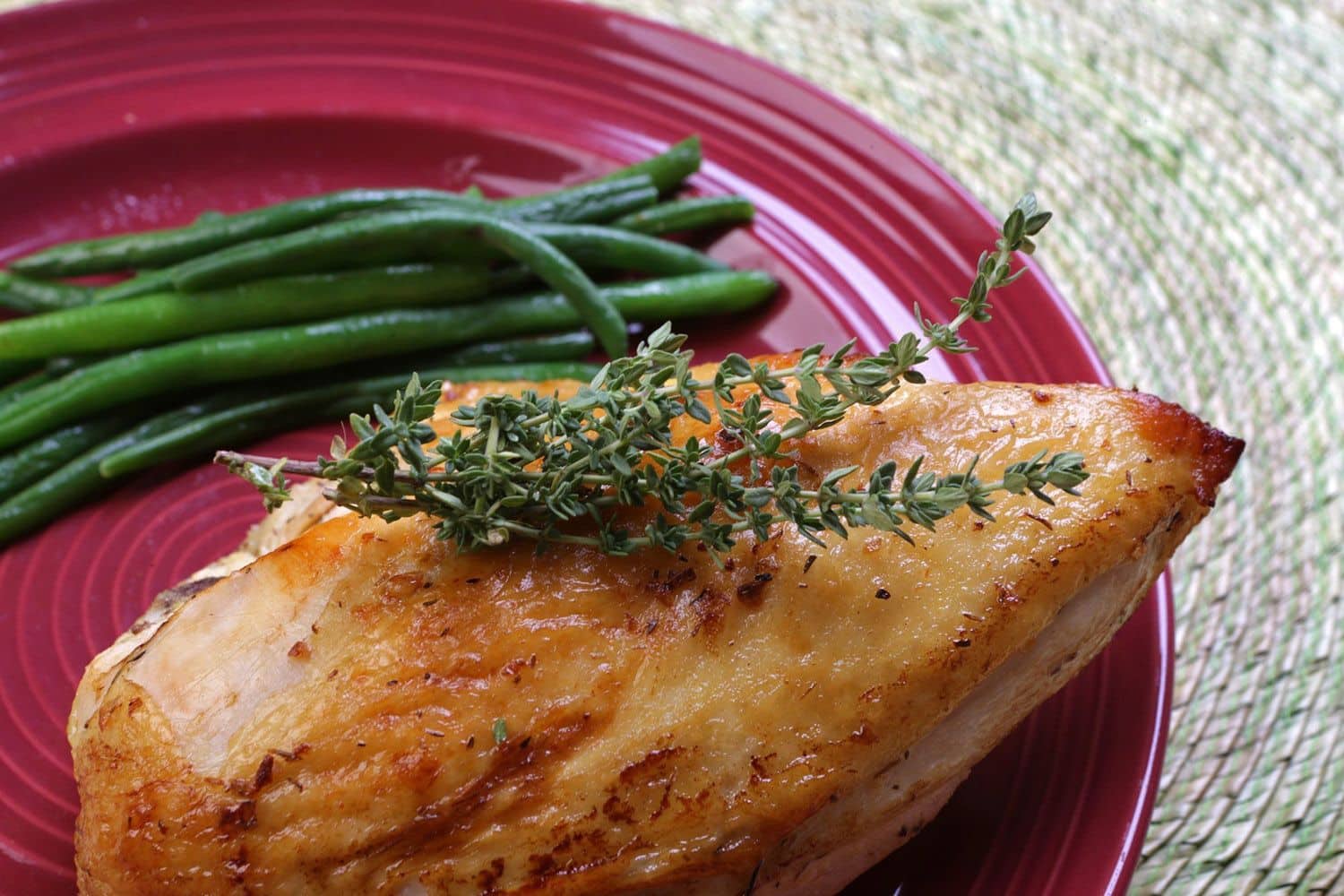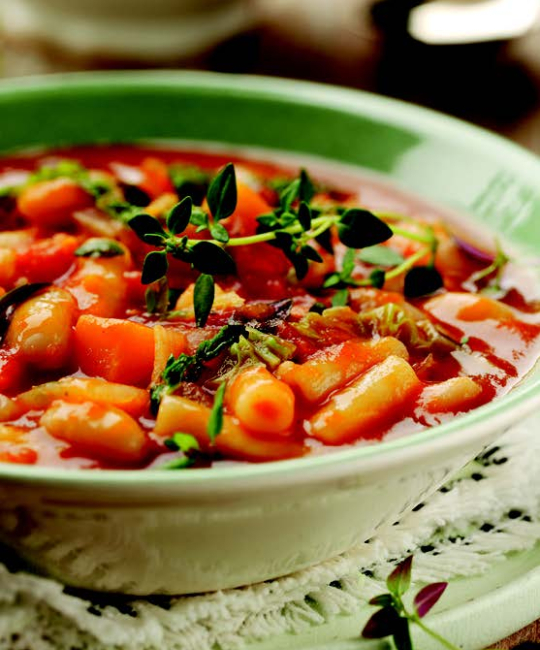Blog
Is thyme used in Mediterranean cooking?

Vegetable dishes, a staple in Mediterranean diets, are often seasoned with thyme to add depth and complexity. From hearty stews and soups to grilled and roasted vegetables, thyme is a go-to herb for elevating the natural sweetness and earthiness of seasonal produce. Its compatibility with legumes and grains further underscores its versatility, making it a key ingredient in dishes like lentil soups, bean stews, and grain salads. The herb’s presence is also notable in the region’s array of sauces and marinades, where it combines with other herbs and spices to create rich, aromatic flavor profiles.
Moreover, thyme’s significance in Mediterranean cuisine extends to its cultural and historical roots. It is a component of the classic French bouquet garni and herbes de Provence, and is essential in Italian, Greek, and Spanish cooking. In these cuisines, thyme is often paired with other Mediterranean staples like olive oil, garlic, and tomatoes, creating a symphony of flavors that define the essence of the region’s culinary identity. The herb’s ability to withstand and even thrive under the hot, dry climate of the Mediterranean basin has made it a natural fit for the local cuisine, deeply entwined with the region’s agricultural practices and dietary preferences.
In the realm of Mediterranean bread and pastries, thyme finds a unique application. It is used to season flatbreads and focaccias, often mixed with other herbs and spices, to add a fragrant and savory touch. Thyme-infused oils and vinegars are also popular in Mediterranean kitchens, used as dressings for salads or as dipping sauces for bread, showcasing the herb’s versatility beyond conventional cooking methods.
The health benefits of thyme, rich in vitamins and antioxidants, align well with the Mediterranean diet’s focus on wholesome, nourishing foods. The inclusion of thyme in daily cooking is not just a matter of taste but also a reflection of the diet’s emphasis on health and longevity, utilizing herbs and spices for both their flavor and medicinal properties.
Thyme is a quintessential element of Mediterranean cuisine, deeply embedded in its culinary traditions and practices. Its use across various dishes – from meats and seafood to vegetables and breads – illustrates its versatility and indispensability in the Mediterranean kitchen. Thyme’s aromatic profile, health benefits, and cultural significance make it much more than just a seasoning; it is a symbol of the Mediterranean’s rich culinary heritage and its enduring influence on global cuisine. For a deeper understanding of thyme’s role in Mediterranean cooking, exploring regional recipes and the herb’s interactions with other typical ingredients of the Mediterranean diet would provide a comprehensive insight into its culinary and cultural importance.



